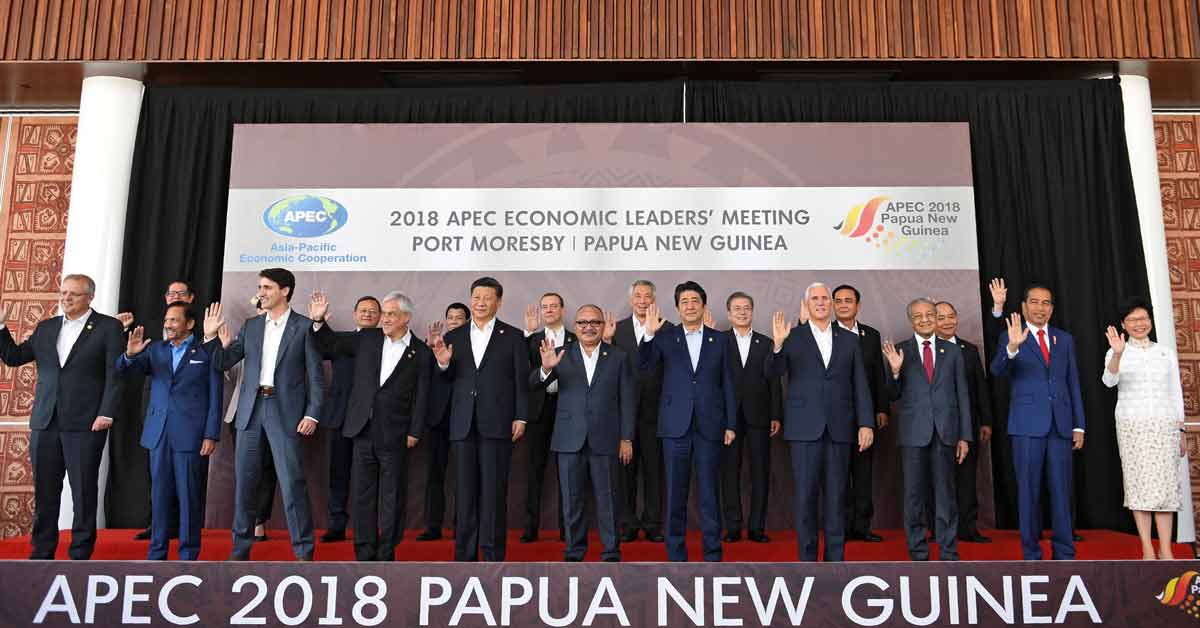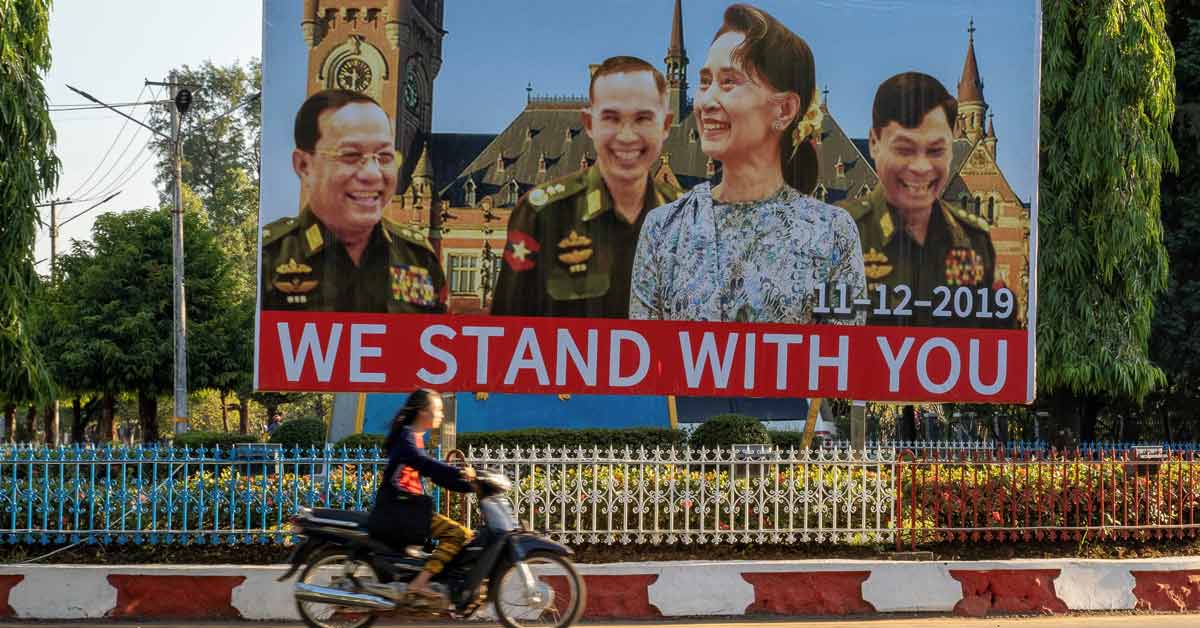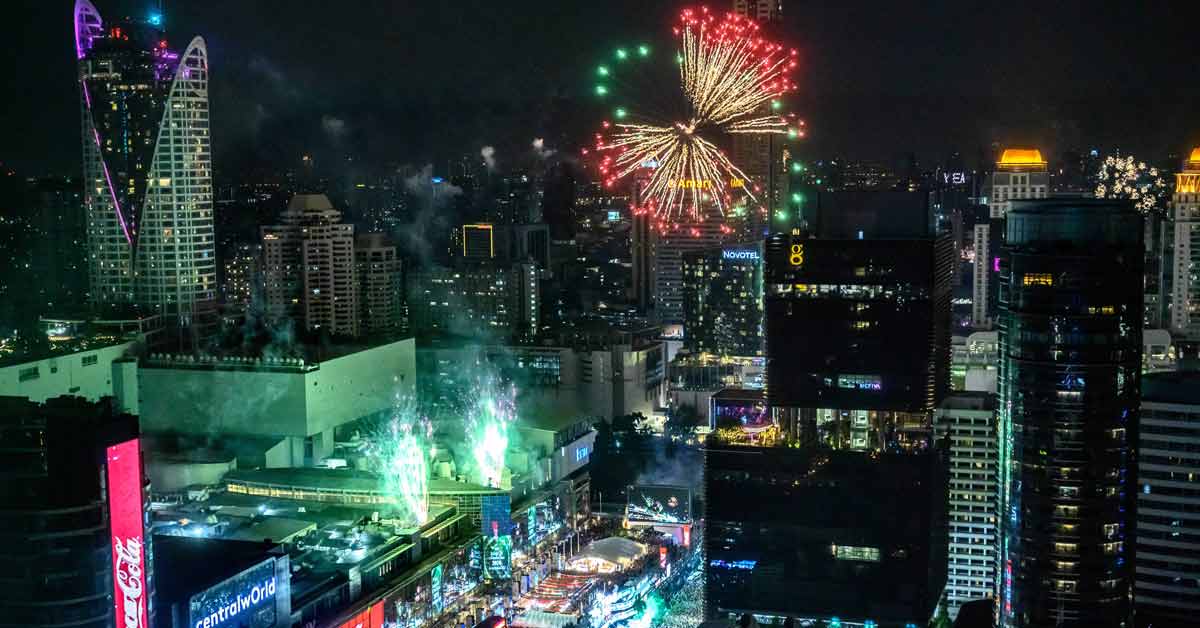Even with the positive growth observed in various sectors for ASEAN, it is not without controversy. Leaders in ASEAN have been grabbing headlines on a range of topics that go from publicly turning down president Trump to a genocide trial.
The Malaysian Prime Minister, Mahathir Mohamad, has been rippling diplomatic tensions by criticising India’s treatment in Kashmir and its new citizenship law as well as upsetting Saudi Arabia by hosting the KL summit for Islamic leaders. Thailand’s emerging opposition party, Future Forward Party faces multiple charges of misappropriation of funds, illegal donations, and ties to the ‘illuminati’ conspiracy.
Catching the biggest headlines on the other hand, is Myanmar’s State Counsellor, who is facing trial in the International Court of Justice (ICJ) on genocide charges as the world watches and anticipates the country’s fate.

APEC 2020
With Malaysia hosting the 2020 Asia-Pacific Economic Cooperation (APEC) summit, it is a global endorsement of ASEAN’s position as a prominent economic region. This global platform grants immense opportunity for the region to highlight respective concerns and interests in setting up the new goals for strong cooperative efforts to build better economic opportunity for the next 30 years. This is especially significant in the context of the Fourth Industrial Revolution, of which ASEAN will undoubtedly play a key role.
While it was initially decided that Chile would be the host, due to instability in the country, the baton was passed to Malaysia, last hosting APEC 22 years ago.
Anticipation for the summit is mixed considering that United States (US) President Donald Trump was rejected in his request to host the 2020 summit. The theme of "Optimising Human Potential Towards a Future of Shared Prosperity" might not be in line with the interests and agenda of the Americans, and the president’s participation in the summit is yet to be confirmed.
Tabled in the agenda of the summit includes gender empowerment, technology and innovation, the digital economy, and regulatory reforms. In consideration of the different internal policies of ASEAN countries as well as the undecided method of consensus for proposed agreements, it will certainly be interesting to observe how the 22 member states will coordinate in the summit.
The APEC summit will prove to be a great opportunity for Malaysia, not only in terms of the economic gain of the service industry but also the opportunity to showcase their products and its potential as a viable hub for various markets in foreign investments.
"The Post-2020 Vision for APEC which we will launch next year would chart the future direction of APEC towards ensuring its continued relevance under a more inclusive approach. It will be built on the Bogor Goals as well as value-add and complement the work of APEC over the past 30 years and preserve its status as a premier economic forum for years to come," said the Malaysian Prime Minister, Mahathir, in his speech at the launch of APEC 2020.

Genocide Trial
In February 2019, United Kingdom (UK) media reported that the United Nations (UN) called for an inquiry into its own operations in Myanmar after the mass displacement of Rohingya since 2017, where over 700,000 people had to flee to neighbouring Bangladesh. While the UN described the military offensive in Rakhine as a "textbook example of ethnic cleansing", the question had to be asked; how could the UN not have reported the escalating violence prior to the alleged genocide of the Rohingya minority?
Secretary General, Antonio Guterres admitted that the probe was launched due to increasing external pressure to find out why the UN ignored warning signs of the eventual exodus. The inquiry became the spotlight of discussions following the fact-finding mission by the UN that concluded that it is imperative that an investigation into Myanmar's military generals is conducted on the basis of genocide and crimes against humanity for actions against the Rohingya and other minorities.
The findings of the investigation could play a major role in its credibility and outcome of the genocide charges against Myanmar. State Counsellor Aung San Suu Kyi stood before the ICJ to state Myanmar’s defence in The Hague late 2019. The highly anticipated appearance of Suu Kyi was met with international disappointment as the state counsellor barely addressed the charges, instead gave warning that continuation of the trial will cause more unrest.
The case was initially put forward by Gambia, with the backing of the 57 members of the Organisation for Islamic Cooperation, alleging the Myanmar military of violating the Convention on the Prevention and Punishment of the Crime of Genocide. While support from Myanmar’s public remain strong, all eyes are on Myanmar and how the revelations of the trials could determine the country’s standing both regionally and internationally.
In December 2019 The UN General Assembly adopted a US$3.07 billion operating budget which, for the first time, includes funding for the investigation of war crimes in Syria and Myanmar.
On a less controversial note, the ‘Ring of Fire’ of the Pacific Ocean in the end of 2019 saw tragedy in Indonesia and Philippines, where both countries have suffered heavy losses from devastating natural disasters. Typhoon Phanfone in Philippines and flooding in Indonesia will once again test the resilience of the state and its people to rebuild.
These are only a handful of key events that to keep a close eye out for this year. As the region turns the page to a new decade, The ASEAN Post invites its readers to continue following our updates as we continue to bring you key analyses on the most impactful events affecting the world’s third largest population, ASEAN.
Related articles:
